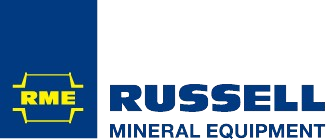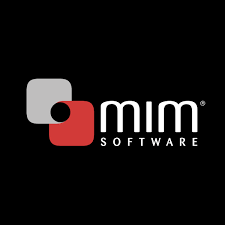
Our collection of resources based on what we have learned on the ground
Resources
Q&A
How do employers select optimal contract terms in Vietnam?

- December 2016
- Members Access
Seasonal contracts (under one year) are usually reserved for seasonal or task specific employment, however it is important to note that these are not allowed to contain a probationary period. Definite term contracts (12 to 36 months) are used by empl...
Q&A
How long are probationary periods in Vietnam?

- December 2016
- Members Access
Probationary periods are proportional to the educational level required by the position and range from six to 60 days. Employers can use them only once and they must be converted into standard contracts of one or more years, if both parties wish to c...
Q&A
What are some of the post-employment financial obligations in Vietnam?

- December 2016
- Members Access
If a labor contract is terminated, employees may be entitled to severance payment; the nature of which depends on the salary of the employee, the amount of time spent in the current position, and the amount of time the employee has been covered under...
Q&A
What government bodies in Vietnam deal with the creation and approval of account...

- November 2016
- Free Access
Vietnam’s Law on Accounting, passed in 2003, delegated a significant portion of the responsibilities pertaining to accounting and bookkeeping regulations to the Ministry of Finance. Serving under the Ministry of Finance is the Department ...
Q&A
As of 2016, where must companies operating in Vietnam file their annual financia...

- November 2016
- Free Access
Enterprises operating in Vietnam are required to file annual financial statements 90 days after the close of the annual accounting period. As of 2016, it is necessary for annual finalization to be submitted to three Vietnamese government office...
Q&A
How long should an enterprise operating in Vietnam retain relevant documentation...

- November 2016
- Members Access
Enterprises operating in Vietnam are required to retain certain documentation for periods of five or ten years, while other documentation must be retained indefinitely. The government of Vietnam requires that a company retain all documents used...
Q&A
In what areas do Vietnamese Accounting Standards (VAS) deviate from Internationa...

- November 2016
- Members Access
Vietnamese Accounting Standards (VAS) differ from International Accounting Standards (IAS) and International Financial Reporting Standards (IFRS) through out of date standards, ineffective implementation, and issues regarding translation. The I...
Q&A
When will the Accounting Law of 2015 go into effect, and what impact will it hav...

- November 2016
- Members Access
The Accounting Law of 2015 was passed on November 30, 2015, and is set to go into effect on January 1, 2017. This law will act as an update to the Law on Accounting of 2003, and although the changes to the law are not substantial, changes have ...
Q&A
Why has the Chinese government shifted from the business tax (BT) to the value-a...

- November 2016
- Members Access
In 2016, the value-added tax (VAT) has effectively replaced the business tax (BT) as China’s only indirect tax. The transition is part of an effort by the Chinese government to create a service-oriented economy that is no longer centered ...
Q&A
As of November, 2016, what industries were recently placed under China’s value...

- November 2016
- Members Access
As of November, 2016, the construction, lifestyle, finance, and real estate industries were brought under the value-added tax (VAT) system. While under the business tax (BT), these four service sectors made up 80 percent of total BT revenue.&nb...
Q&A
What are some of the differences between China’s value-added tax (VAT) zero-ra...

- November 2016
- Members Access
Both China’s VAT zero-rates and VAT exemption rates are exempt from output VAT. However, unlike with the exemption VAT, under the zero-rated VAT the input VAT that is attributable to cross-border services can either be refunded or credite...
Q&A
What is the difference between the general fapiao and the special VAT fapiao?

- November 2016
- Free Access
General fapiao are issued after a purchase, and they are split into the categories of personal and company fapiao. These categories allow the government to know who can claim the amount indicated in the purchase. General fapiao are far si...
Enquire for more information about our services, and how we can help solve challenges for your organization
Contact UsOur Clients
Discover our esteemed global clients across diverse sectors. We believe in providing our clients with exceptional service and a commitment to being their partner for growth in Asia.
See what our clients say about us



























